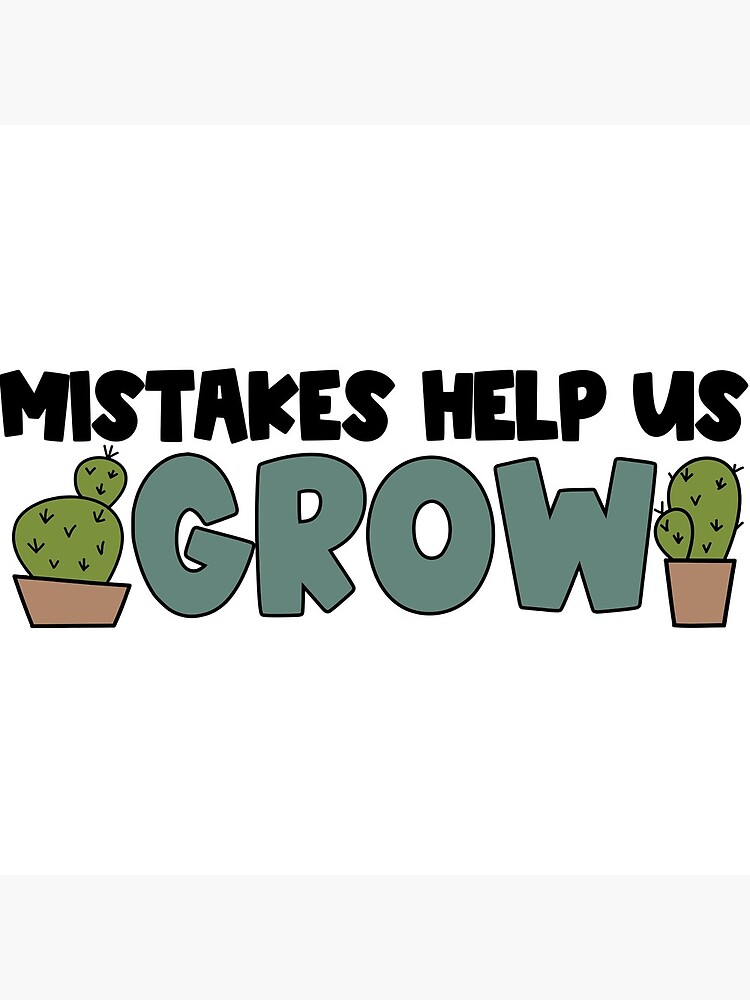Let’s face it: organic growing is a game-changer. But if you’re not careful, even the best intentions can lead to mistakes that slow your growth, weaken your plants, or tank your yields. Don’t worry—I’ve made those mistakes too, and I’m here to help you avoid them.
Organic growing might seem foolproof, but there are some common pitfalls that catch growers off guard. So, let’s break down the top five mistakes growers make when using organic nutrients—and, more importantly, how you can avoid them to make sure your plants thrive.
1. Overfeeding Your Plants
Here’s a mistake I see all the time: overfeeding. With synthetic nutrients, it’s easy to follow a schedule based on exact doses. But with organic nutrients, things are a little more nuanced. You’re working with natural materials like compost, bone meal, or worm castings, and they release nutrients more slowly over time.
But here’s where it gets tricky: many growers think more is better. They add too much compost or organic fertilizer, hoping for bigger results. Unfortunately, this can actually overwhelm your plants, leading to nutrient lockout or even burning the roots.
How to Avoid It:
Start small. Organic nutrients work gradually, so give your plants time to adjust. Instead of piling on, monitor your plants closely and adjust based on how they respond. Less is often more with organic feeding. If in doubt, focus on the soil—healthy soil will naturally balance nutrient levels for you.
2. Ignoring Soil pH Levels
A huge mistake that many organic growers make is ignoring soil pH. Just because you’re using organic nutrients doesn’t mean you’re off the hook for keeping your soil’s pH in check. In fact, the wrong pH level can make it difficult for your plants to absorb the nutrients they need, even if you’re feeding them the best organic fertilizer on the market.
How to Avoid It:
Test your soil regularly. Aim for a pH level between 6.0 and 7.0 for most plants, especially cannabis. If your pH is off, your plants won’t be able to use the nutrients effectively, no matter how organic they are. A simple pH meter is an inexpensive tool that can save you a lot of headaches down the road.
3. Using Too Many Different Organic Nutrients
Another common mistake I see is growers going overboard with variety. They’ll add compost, worm castings, fish emulsion, kelp meal, and who knows what else—all at the same time. Now, while organic diversity is good for soil health, too much of a good thing can cause problems.
Organic nutrients release at different rates, and using too many types at once can cause nutrient imbalances. Your plants might get too much of one nutrient and not enough of another, leading to deficiencies or toxicity.
How to Avoid It:
Stick to a balanced feeding plan. Choose a few core organic nutrients that complement each other and let them do their work. For example, compost paired with a balanced organic fertilizer is a great start. Over time, you can fine-tune based on your plants’ specific needs, but don’t throw everything in at once.
4. Not Allowing Enough Time for Nutrients to Break Down
Organic growing is all about working with nature, and that means being patient. Unlike synthetic fertilizers, which are absorbed almost immediately, organic nutrients need time to break down and become available to your plants.
A lot of new organic growers make the mistake of expecting instant results. When they don’t see immediate growth, they panic and add more nutrients, which can lead to overfeeding (see Mistake #1).
How to Avoid It:
Give it time! Organic nutrients release slowly and steadily. Trust the process. The microbes in the soil will break down those nutrients and make them available to your plants when they need them. Focus on maintaining healthy, living soil, and the nutrients will follow.
5. Neglecting to Replenish Organic Matter
This is a big one, especially for long-term growers. Organic growing relies on maintaining soil fertility, and if you’re not regularly replenishing the organic matter in your soil, it will eventually become depleted. Many growers assume that just because they’re feeding their plants, the soil will stay fertile forever.
How to Avoid It:
Add organic matter consistently. Compost, cover crops, or even organic mulch will keep your soil full of nutrients and life. Don’t think of soil as a one-time investment—it’s a living ecosystem that needs to be fed and nurtured regularly. By adding organic matter back into the soil, you’re ensuring that it stays productive for the long haul.
Conclusion: Organic Growing is About Balance
At the end of the day, organic growing isn’t about dumping as many natural fertilizers into your garden as possible. It’s about balance—feeding the soil so the soil can feed your plants. By avoiding these common mistakes, you’ll set yourself up for success and create an environment where your plants can truly thrive.
Remember, organic growing is a long-term game. It takes patience, attention to detail, and a commitment to nurturing the soil. But once you get it right, the results are worth it—stronger plants, better yields, and a more sustainable way to grow.

